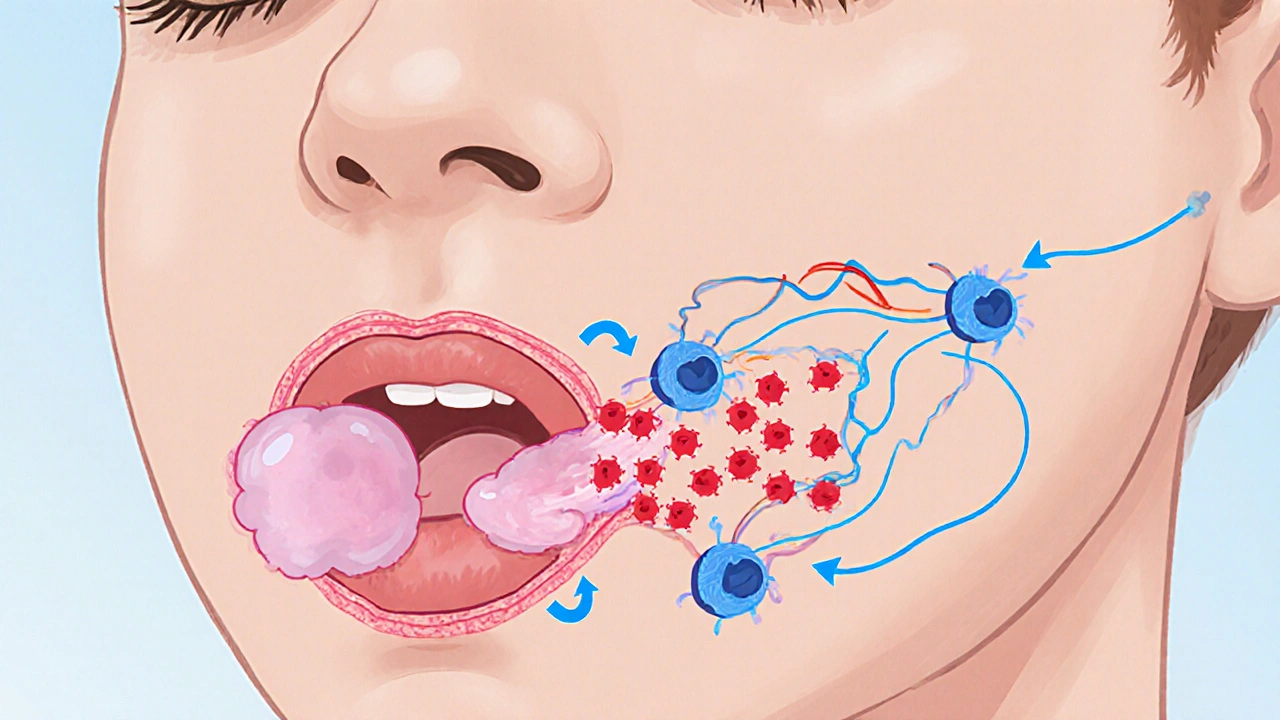Explore how angioedema relates to the immune system, its triggers, diagnosis, and targeted treatments for different types of swelling.
MoreAllergy – What It Is and How to Manage It
When dealing with Allergy, an immune system overreaction to typically harmless substances. Also known as hypersensitivity, it can affect the skin, nose, lungs, or gut. Most people experience it as sneezing, itchy eyes, or a rash, but the range of triggers is surprisingly broad – pollen, pet dander, certain foods, and even medications can set it off. Allergy isn’t just an annoyance; uncontrolled reactions can lead to asthma attacks, sinus infections, or severe skin eruptions. Understanding how your body reacts allows you to pick the right prevention steps, whether that means avoiding a trigger, using medication, or getting tested. Below you’ll find a curated collection of guides that break down each approach in plain language.
Key Tools and Tests for Controlling Symptoms
One of the first lines of defense is Antihistaminesdrugs that block histamine receptors to reduce itching, sneezing, and watery eyes. They come in daily tablets, fast‑acting pills, and even eye drops, letting you tailor treatment to the severity of your reaction. For chronic or seasonal issues, doctors may recommend a second‑generation antihistamine because it’s less likely to cause drowsiness. Allergy testingidentifies specific substances that trigger your immune response through skin prick or blood tests gives you a roadmap for avoidance and informs a personalized medication plan. Knowing your trigger list also helps when you shop for over‑the‑counter remedies or consider prescription options, topics covered in the articles ahead.
Two of the most common manifestations are Allergic rhinitisinflammation of the nasal passages that causes congestion, sneezing, and runny nose and Skin allergyoften presents as hives or eczema when the skin reacts to an irritant. Both conditions share the underlying immune mechanism but require slightly different strategies – nasal sprays and decongestants for rhinitis, moisturizers and topical steroids for skin flare‑ups. Recognizing these sub‑types lets you choose the right product, whether you’re looking at a new inhaler, a cough syrup, or a cheap generic medication. Our collection below walks you through medication comparisons, buying guides for generics, and tips for safe online purchases, giving you the confidence to manage any allergy‑related issue you face.

